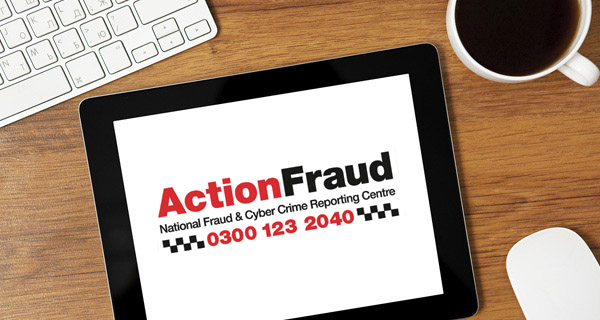Experian is due to publish its Victims of Fraud Survey 2011 soon. In the meantime, here's a summary of Experian's last survey.

It took an average of 416 days for fraud victims to realise they had been attacked in 2009. This gave fraudsters more than a year to compromise their victims’ accounts, build up debts in their names, destroy their credit ratings and then move on to someone else.
The key findings from Experian’s Victim of Fraud Survey include:
- people most at risk of falling victim of identity fraud include those living in flats with communal halls and those who move frequently
- most victims – 61% - first discovered their identity had been stolen by checking their credit report
- the average financial loss per victim was £1,100
- criminals are increasingly likely to take over an existing account rather than set up a new one to avoid stringent fraud checks built into the credit application process
- criminals redirected their victim’s post to another address in almost a third of cases in 2009
- 2009 saw a 3% increase in the number of 18-34 year olds affected by identity fraud. This age group now accounts for a third of all those affected
- the number of older people being targeted has also risen, particularly those near or at retirement age.
Experian’s Victim of Fraud survey found that the top ten most-at-risk areas within London are:
- Kensington
- Chelsea – Kings Road
- Victoria – Victoria Street area
- Liverpool Street and Bishopsgate
- London West End
- Hammersmith – King Street
- Stratford
- Queensway
- Cheapside
- Wandsworth – Clapham Junction
The top ten most-at-risk areas excluding London are:
- St Albans
- Guildford
- Epsom
- Woking
- Maidenhead
- High Wycombe
- Bromley
- Slough
- Watford – Central
- Bracknell
Experian’s top tips for keeping your identity safe:
- Shred sensitive documents, such as financial statements, before throwing them away. Delete your name, address and account number from catalogues and direct mail offers too – or shred those pages as well.
- Never share passwords or PINs and don’t write them down. Don’t use the same PINs and passwords for multiple accounts – if one account is compromised, you’ve given away the keys to all your financial affairs.
- Redirect your post for at least six months after you move house. Give your new address to any organisations who regularly contact you.
- Ask the Post Office to investigate if important mail does not arrive. It could have been intercepted or redirected. If you have a shared letterbox or communal hallway where post could be taken, ask for secure, individual facilities.
- Keep hackers and viruses out of your computer. Install the latest security software on your computer and update these programs regularly. Only use secure websites for online shopping – look for the closed padlock symbol or https:// at the start of the address.
- Never reply to e-mails asking for information such as account numbers, passwords and PINs. Don’t click through to any website they direct you to. Check with the organisation the e-mail appears to come from, using an existing number or e-mail address, the phone book or a directory enquiries service. Never use the number given on the e-mail.
- Don’t give personal information to cold callers. This applies to the phone, the internet and face to face.
- Limit the information you share on social networks. Be especially careful of giving details such as dates of birth or children’s names that you may use as PINs or passwords.
- Check your credit report regularly. It lists your credit accounts, recent applications and your repayment history. If you see anything you don’t recognise, contact the relevant lender immediately.
- An identity protection service such as ProtectMyID monitors your Experian credit report and alerts you to potential fraudulent activity via email or SMS. If you are a victim of identity fraud, a dedicated caseworker will work with you to help you resolve any problems. Visit the ProtectMyID website to learn more.
- Go through your bank, card and other statements carefully. Look for unfamiliar transactions that could indicate identity fraud.
- Investigate unexpected credit refusals. Your credit rating could have been ruined by a criminal borrowing money in your name and running up debts.
- Always tell the police and any organisations that might be affected if you suffer a theft of potentially sensitive items. For example, let your card issuer know if you’ve lost a credit card.
Download Experian’s full Victims of Fraud Survey (pdf, 968kb).
To report a fraud, call Action Fraud on 0300 123 2040 or use our online fraud reporting tool.
| Attachment | Size |
|---|---|
| The-Insight-Report-Victims-of-fraud-survey-March-2010.pdf | 968.34 KB |



